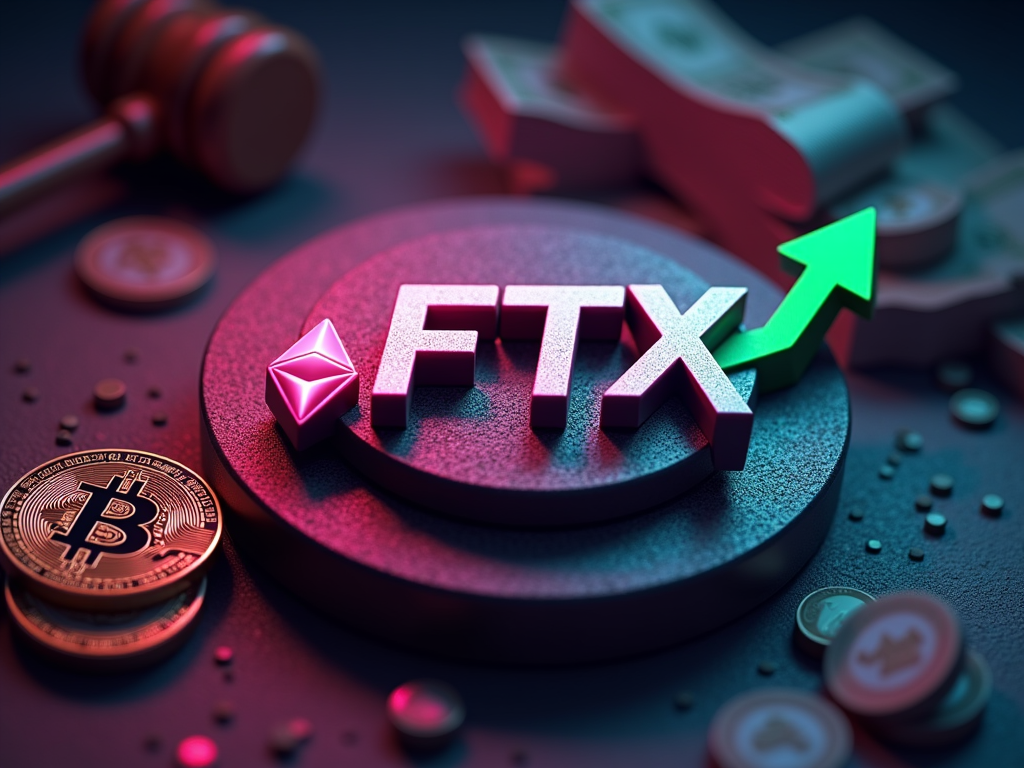- Swiss financial regulator highlights money laundering and terrorist financing risks associated with stablecoins
- Banks providing default guarantees for stablecoin issuers face potential reputational damage
The Swiss Financial Market Supervisory Authority (FINMA) has unveiled a new proposal to strengthen regulatory oversight of stablecoin issuers, signaling a significant shift in the country’s approach to digital assets. This move comes as stablecoins continue to gain traction globally, prompting regulators worldwide to reassess their policies.
Stablecoins Under the Microscope: Addressing Financial and Reputational Risks
FINMA’s guidance, issued on July 26, 2024, seeks to classify stablecoin issuers as financial intermediaries, subjecting them to stringent Anti-Money Laundering (AML) obligations. The regulator emphasizes the increased risks associated with these digital assets, particularly in relation to money laundering, terrorist financing, and sanctions evasion.
“The stablecoin issuer is therefore considered a financial intermediary for Anti-Money Laundering legislation and must, among other things, verify the identity of the stablecoin holder as the customer following the applicable obligations (Art. 3 AMLA) and establish the identity of the beneficial owner (Art. 4 AMLA),” FINMA stated.
This move aligns Switzerland with a growing global trend. According to the PwC Global Crypto Regulation Report 2023, by the end of that year, at least 25 countries had implemented stablecoin regulations or legislation.
Framework for Default Guarantees: A Balancing Act
In a notable development, FINMA has outlined how stablecoin issuers can operate without a banking license if they meet specific conditions. These include having a default guarantee from a bank to ensure depositor protection. The regulator has set minimum requirements for these guarantees:
- Customers must be informed about the guarantee.
- Issuers must stay within guarantee limits.
- Immediate claims must be allowed in insolvency without waiting for a certificate of loss.
While these measures enhance depositor protection, FINMA acknowledges that they do not match the security provided by a full banking license. The regulator warns that banks providing default guarantees face potential reputational risks if associated stablecoin issuers breach AML obligations.
Global Implications and Market Response
As stablecoins continue to expand their market presence, with significant players like Tether (USDT) and USD Coin (USDC) reaching unprecedented market capitalizations in 2023, regulators worldwide are rushing to establish guidelines for this rapidly evolving sector.
FINMA’s proactive stance will likely influence policies in other jurisdictions, potentially setting a benchmark for global stablecoin regulation. The move underscores the delicate balance regulators must strike between fostering innovation and mitigating risks in the digital asset space.
Bitcoin Sentiment Soars Amid Regulatory Developments
Interestingly, while regulators tighten their grip on stablecoins, the broader cryptocurrency market is experiencing a surge in positive sentiment. According to data from Santiment, Bitcoin’s recent price rally has shifted trader sentiment to levels not seen in 16 months.
“Bitcoin’s +20% 3-week price rally has left traders feeling a lot more bullish than they were at the beginning of the month,” Santiment reported. At the time of writing, Bitcoin was trading at $67,708, up 6.22% since July 25.
This optimism coincides with former U.S. President Donald Trump’s recent speech at the Bitcoin 2024 conference, where he declared his goal to make the U.S. the “crypto capital of the world.” Following the speech, pro-crypto Senator Cynthia Lummis introduced a bill proposing that the U.S. government buy 5% of the world’s Bitcoin supply and hold it for at least 20 years.
As the stablecoin market evolves and regulatory landscapes shift, financial institutions and digital asset issuers operating in Switzerland and beyond must remain vigilant and adaptable. FINMA’s guidance clearly indicates that regulators are keeping a close eye on the sector, balancing the need for innovation with the imperative of financial stability and security.














